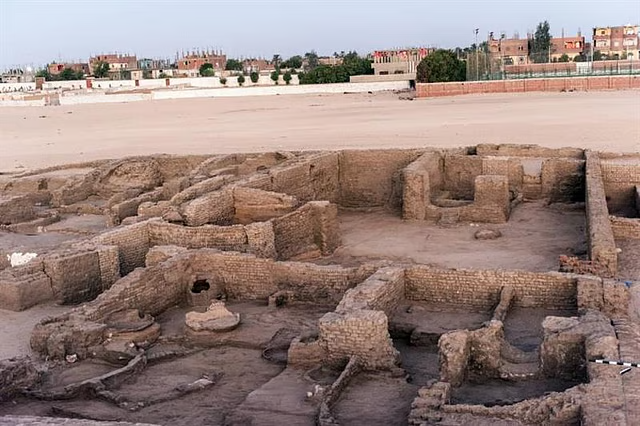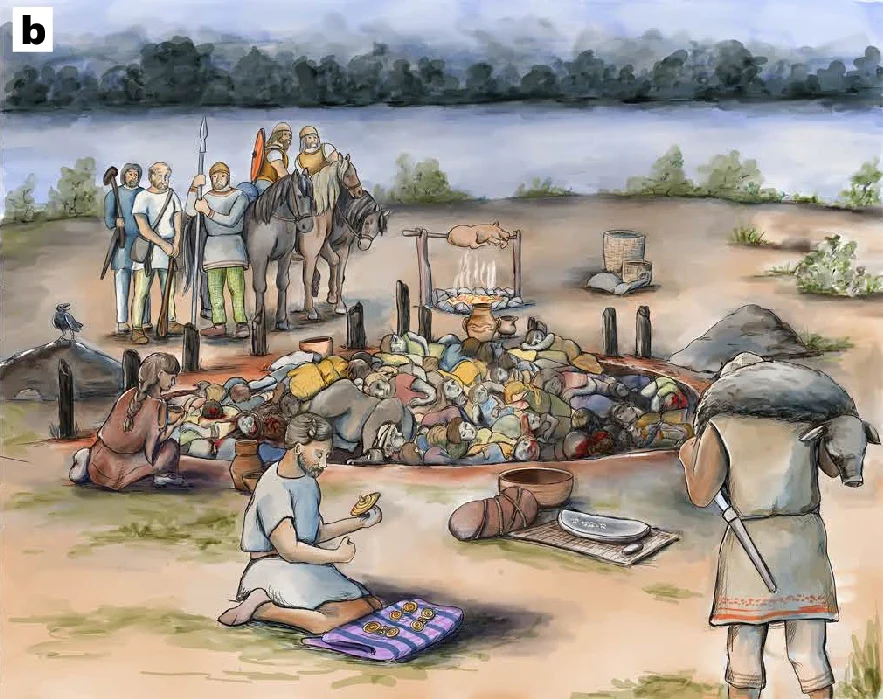An Exploration of the Gospel of Thomas and Early Christianity
The Gospel of Thomas, often categorized as a non-canonical gospel, has spurred intense debate amongst religious scholars about its significance and origins. The gospel, which is not included in the New Testament, consists of 114 sayings, potentially attributed to Jesus, and is preserved in a fourth-century Coptic text, possibly a transcription of an earlier Greek version.
Scholars face difficulties in dating The Gospel of Thomas precisely; however, the majority believe that it underwent multiple layers of composition, possibly beginning as a kernel of Aramaic sayings. The widely accepted theory proposes that the version we possess today was composed in Greek and came into existence between 135 CE and 200 CE. Despite some disagreements over this theory, acceptance of it simplifies the age-old debate.
The Gospel of Thomas serves as an independent source for Jesus's sayings. Parallelism exists between The Gospel of Thomas's versions of sayings and those of the New Testament gospels, but each occurrence is marked by slight variations. For example, Thomas verse 96 and Matthew 13:33 both address the kingdom of heaven but use slightly different words.
An interesting proposition made by scholars is that the Gospel of Thomas might contain older versions of Jesus's sayings compared to the canonical gospels, possibly lending more simplicity to them. Nevertheless, detractors argue that The Gospel of Thomas reveals influences from the Synoptic Gospels of Matthew and Luke. Even though the Gospel is of a second-century origin, due to a glaring lack of specific details about first-century Palestine, it fails to provide accurate insights about Jesus's life.
For the purpose of reconstructing a historical picture of Jesus, The Gospel of Thomas is rarely considered useful. The primary available sources do not support the use of Thomas's Gospel in understanding Jesus. Although the ancient sayings contained within the Gospel of Thomas may be of significant age, their origin cannot be conclusively determined.
The issue of including the Gospel of Thomas in the New Testament is complex, with early church authorities resisting the inclusion of more than the existing four gospels in the canon. The Gospel of Thomas was often branded a forgery created by heretics by Church authorities such as Hippolytus, Eusebius, Cyril, Didymus, Jerome, and Ambrose.
The primary reason why the Gospel of Thomas did not find a place in the Bible is its comparative lack of popularity to the other gospels. The canonization of the New Testament came about as an organic process, with certain books gaining substantial traction, while others did not circulate widely. The traditional four-gospel framework was early established and popular, leading the Church authorities to reject other non-canonical texts like the Gospel of Thomas.
Considering early Christianity through the lens of the Gospel of Thomas allows us to see Christianity as a complex network of competing and overlapping Christian communities. To truly delve into the multifaceted nature of early Christianity, one should look beyond the traditional gospels and explore these often ignored or dismissed texts. Even if the Gospel of Thomas is not deemed accurate or critically valid, it remains a fascinating chapter in the early development of Christian thought.






